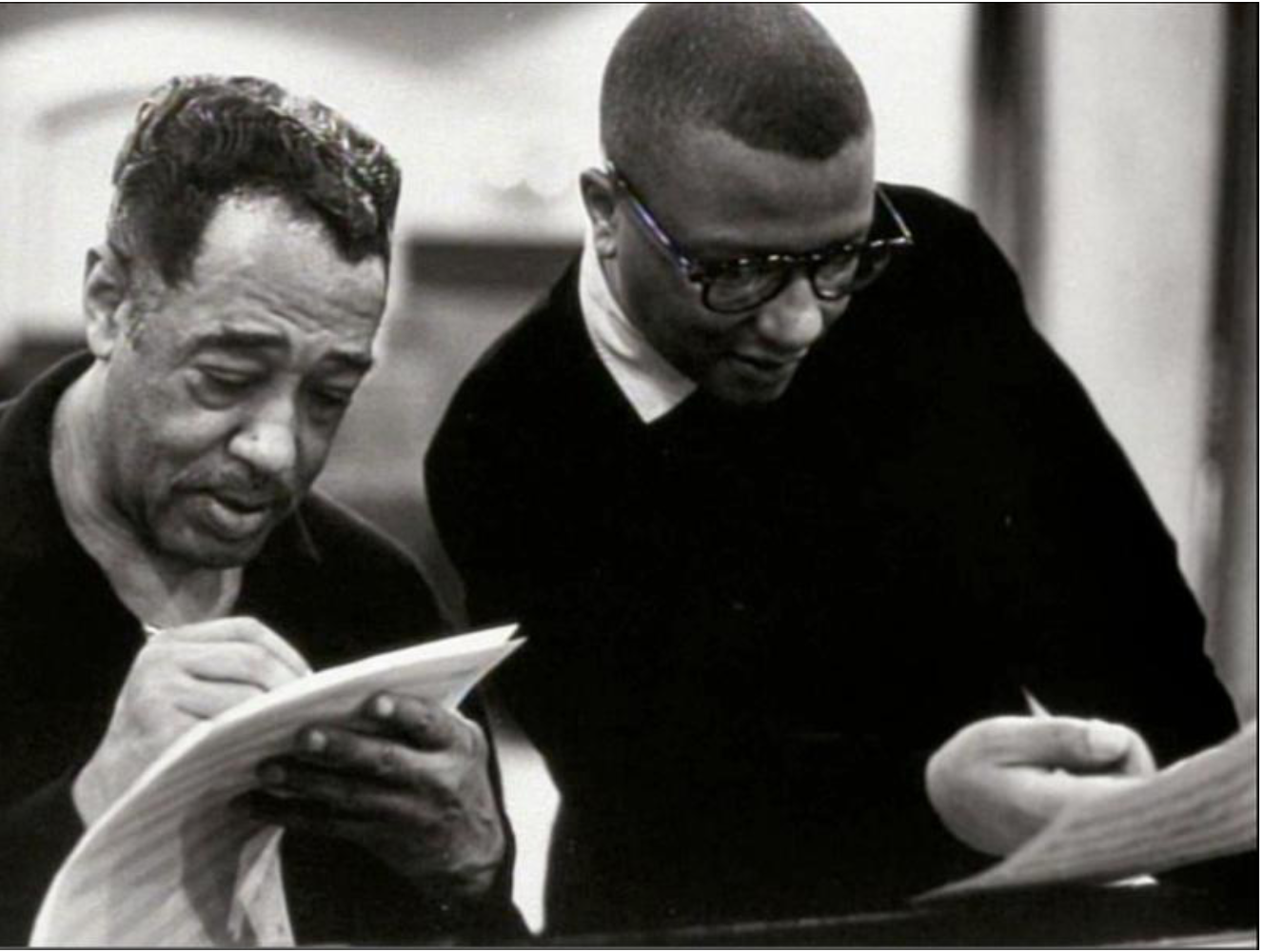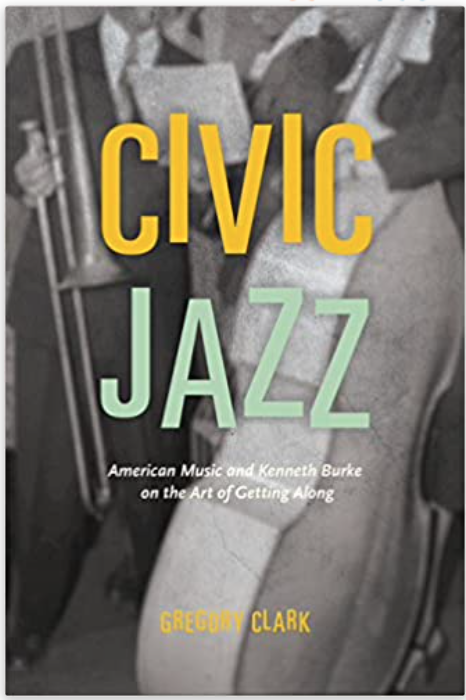Billy Strayhorn’s Four Moral Freedoms
On this day in which Americans remember freedom and independence from tyranny, we’ll share Duke Ellington’s reflections on his composing and arranging partner, Billy Strayhorn, whose own measure of “freedom” are worth recalling.
Duke Ellington and Billy Strayhorn
“He demanded freedom of expression and lived in what we consider the most important of moral freedoms:
freedom from hate, unconditionally;
freedom from all self-pity (even throughout all the pain and bad news);
freedom from fear of possibly doing something that might help another more than it would help himself;
freedom from the kind of pride that could make a man feel he was better than his brother or neighbor.”
—Duke Ellington, from his eulogy to Billy Strayhorn
Holidays are days of remembrance and reflection. As we remember the principles of the United States of America, principles that we still strive to make real in the lives of wider circles of people, let’s include the insights of great American artists such as Billy Strayhorn.
And moving forward, let’s transform “independence” to “interdependence,” as if the very survival of our democratic way of life depends on it. Why? Because it does. Let’s endeavor to respect and honor our individuality and differences while understanding that, as Kenneth Burke wrote, we are a plurality acting as a unity.
That’s jazz: a plurality acting as a unity. Jazz is democracy in sound, a representation of freedom within form. Jazz points a way to achieve democracy, the very thesis of this excellent book, published in 2015:
We hope that you enjoy the remainder of the holiday.


